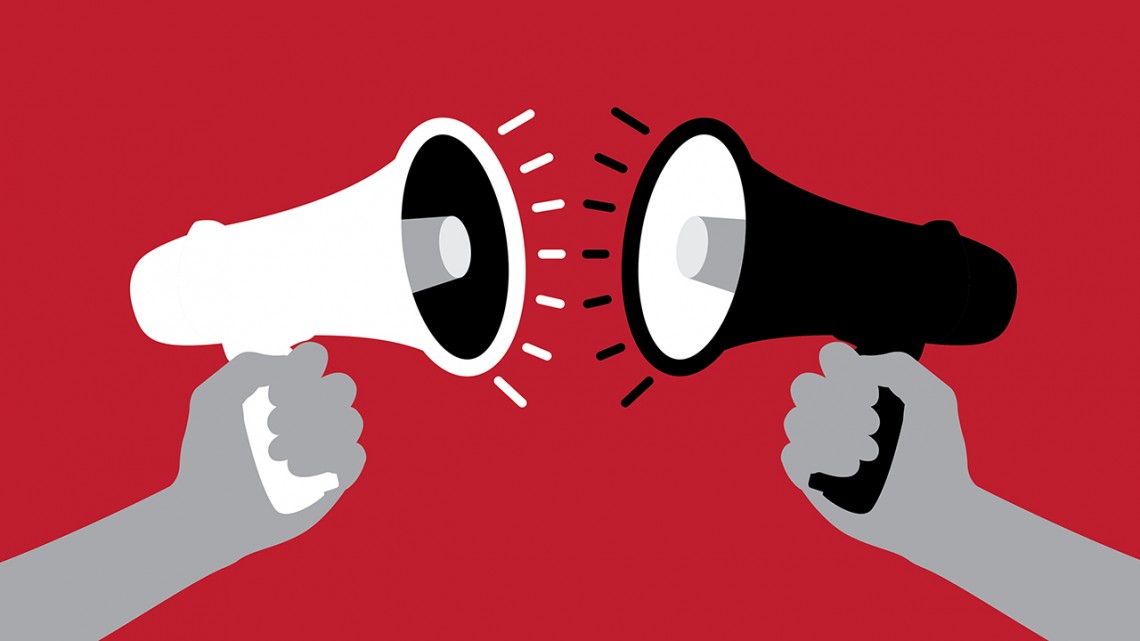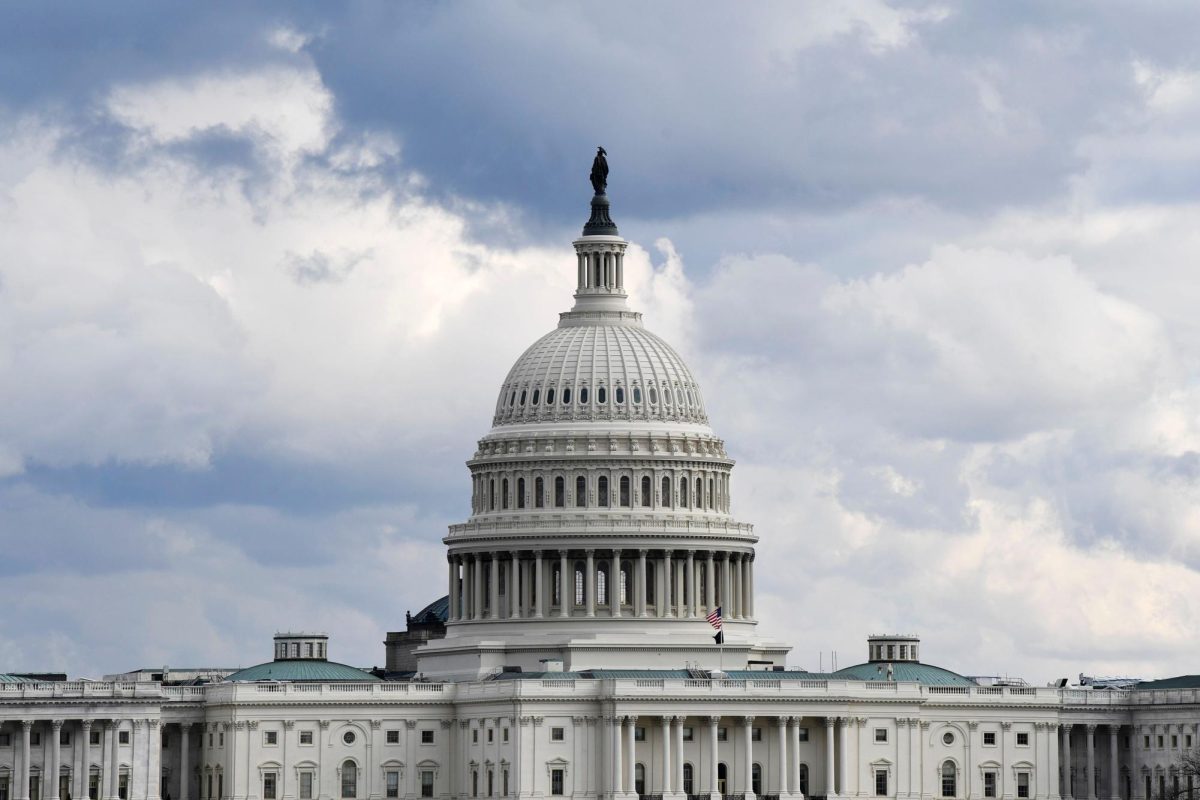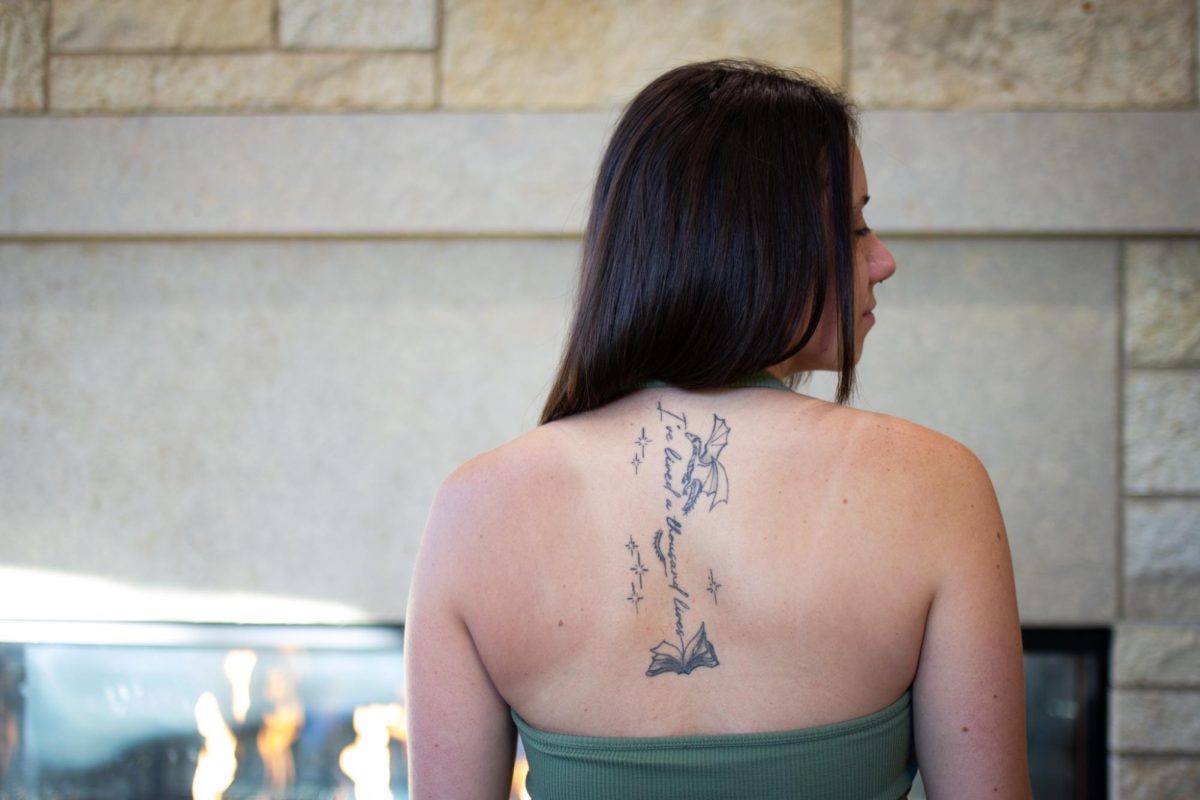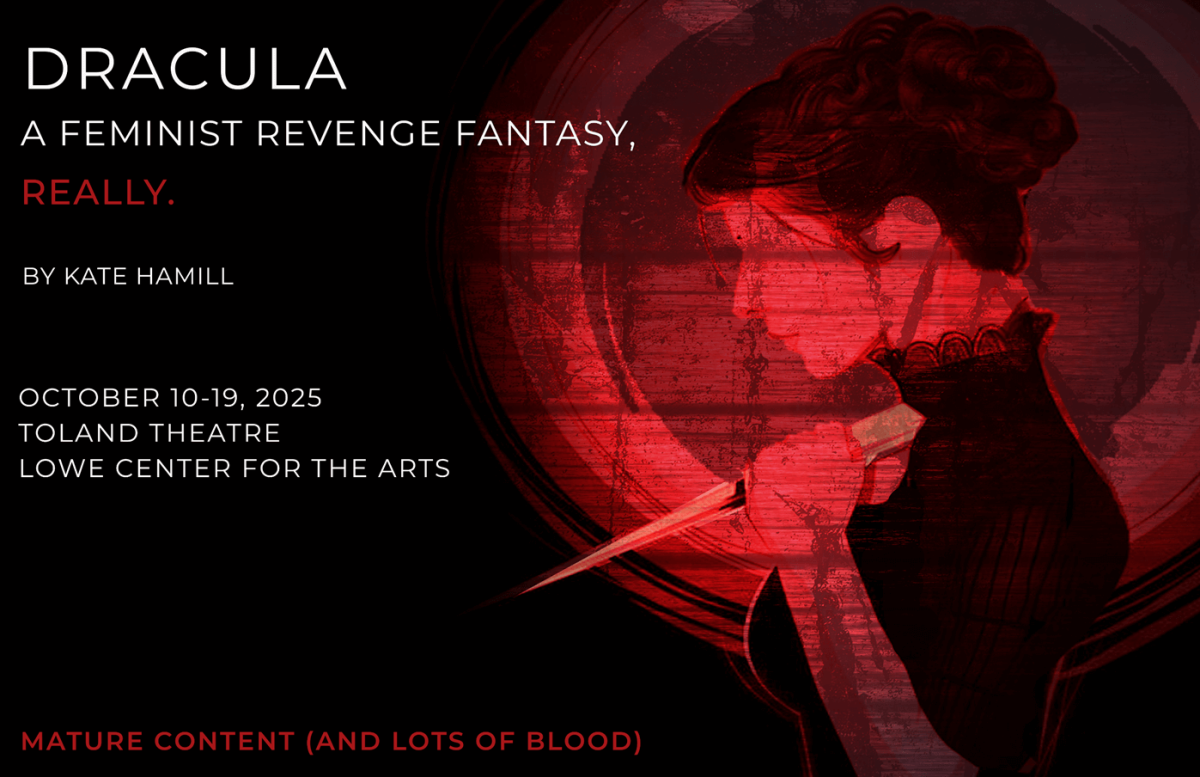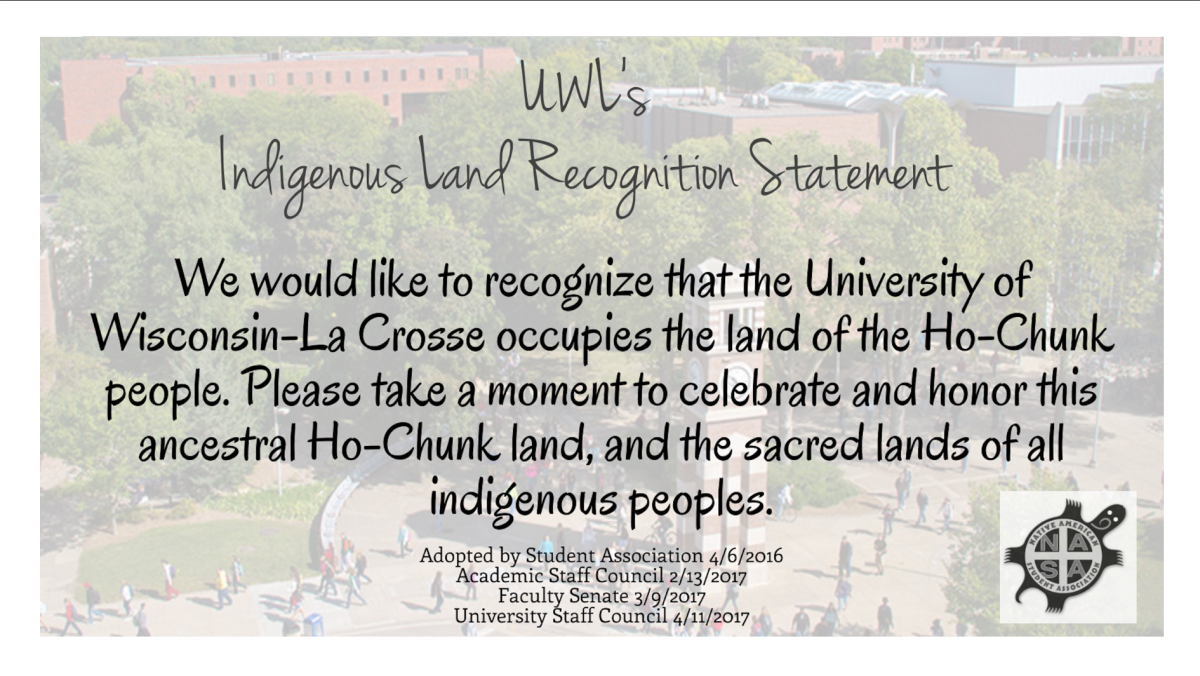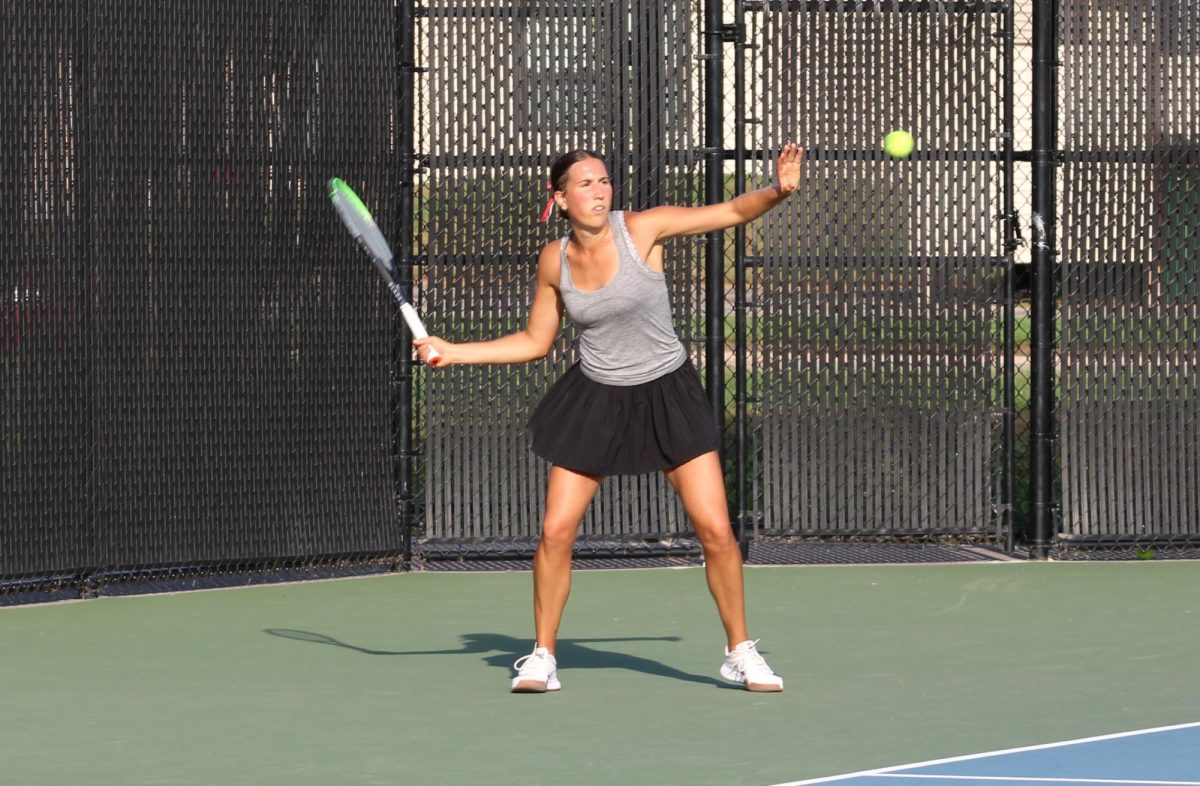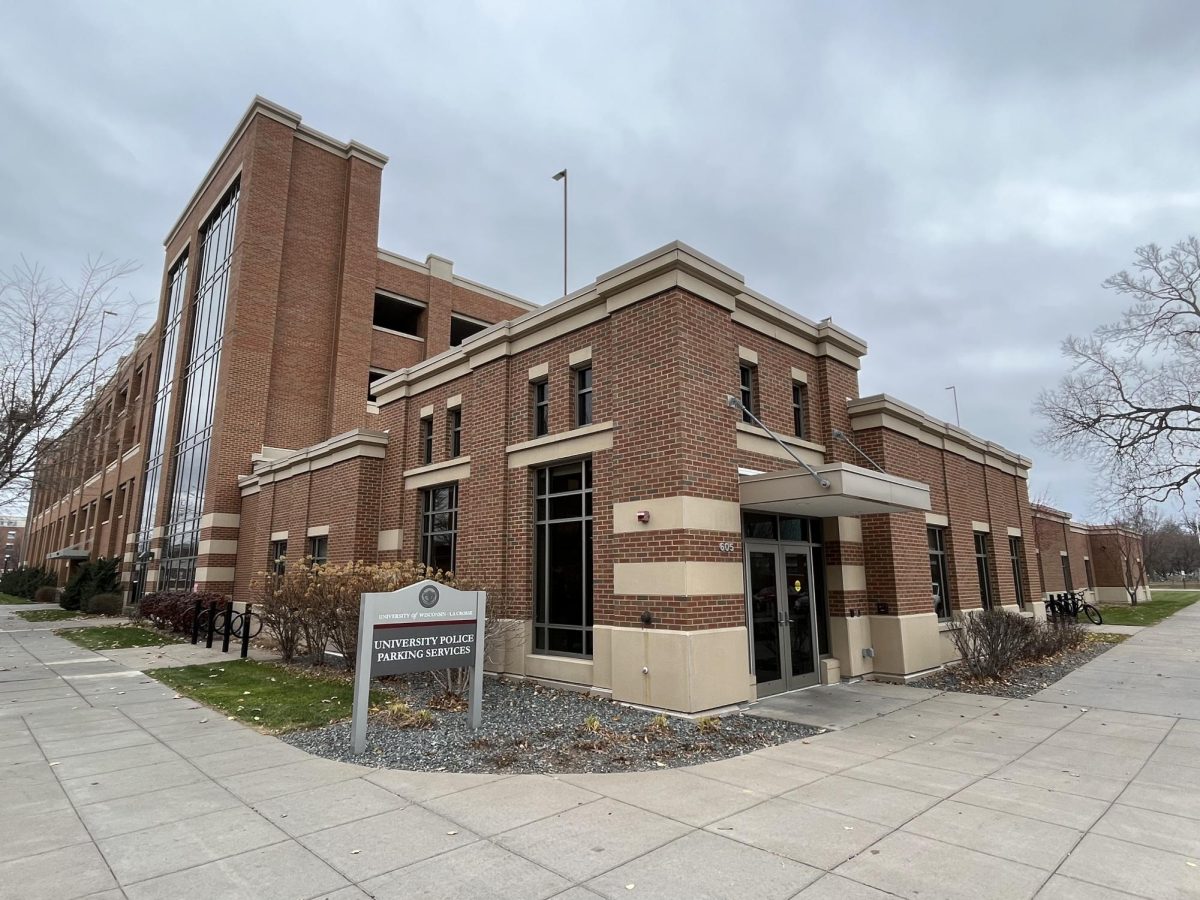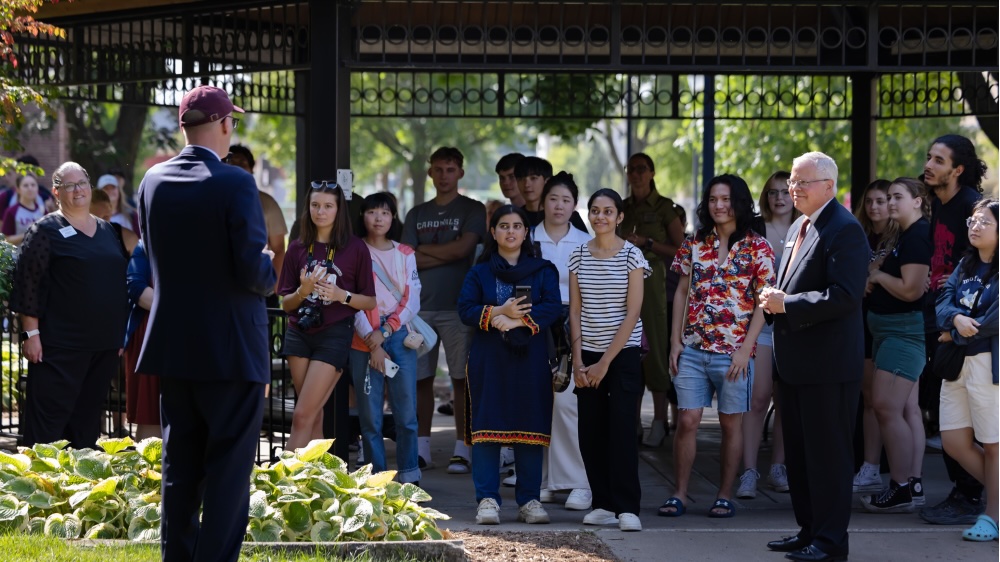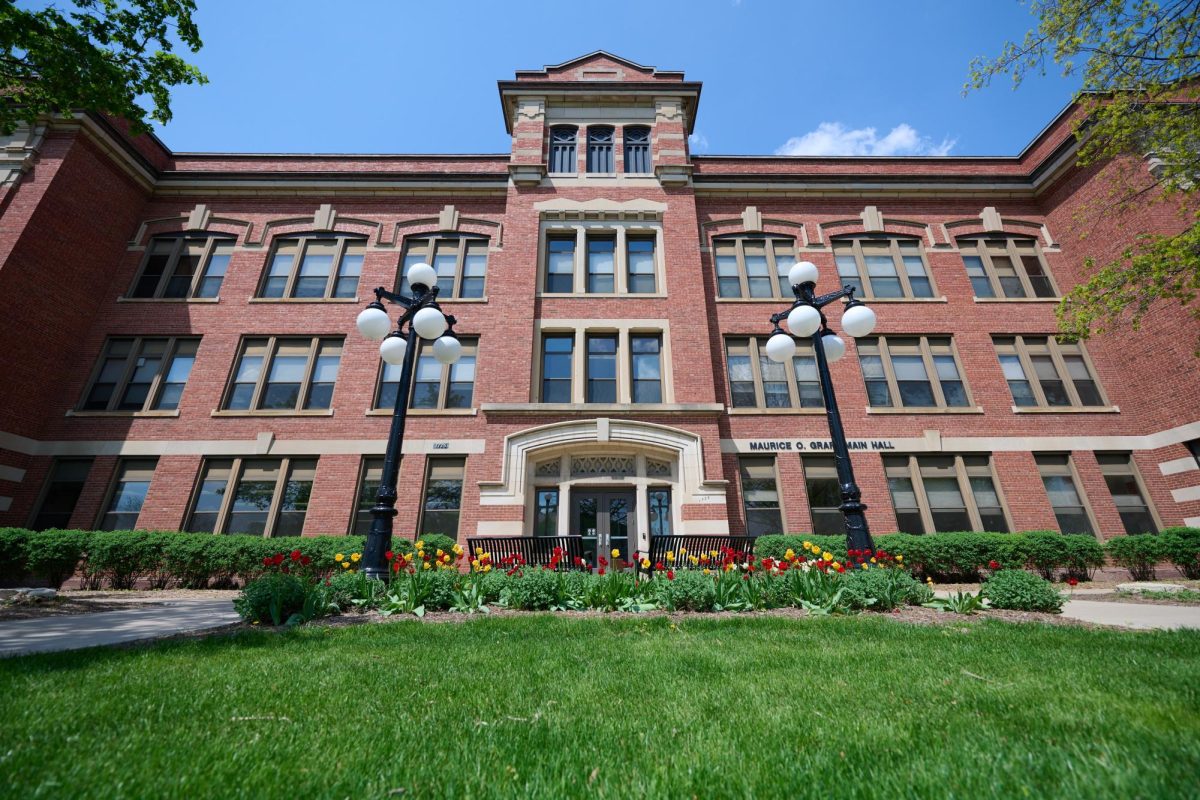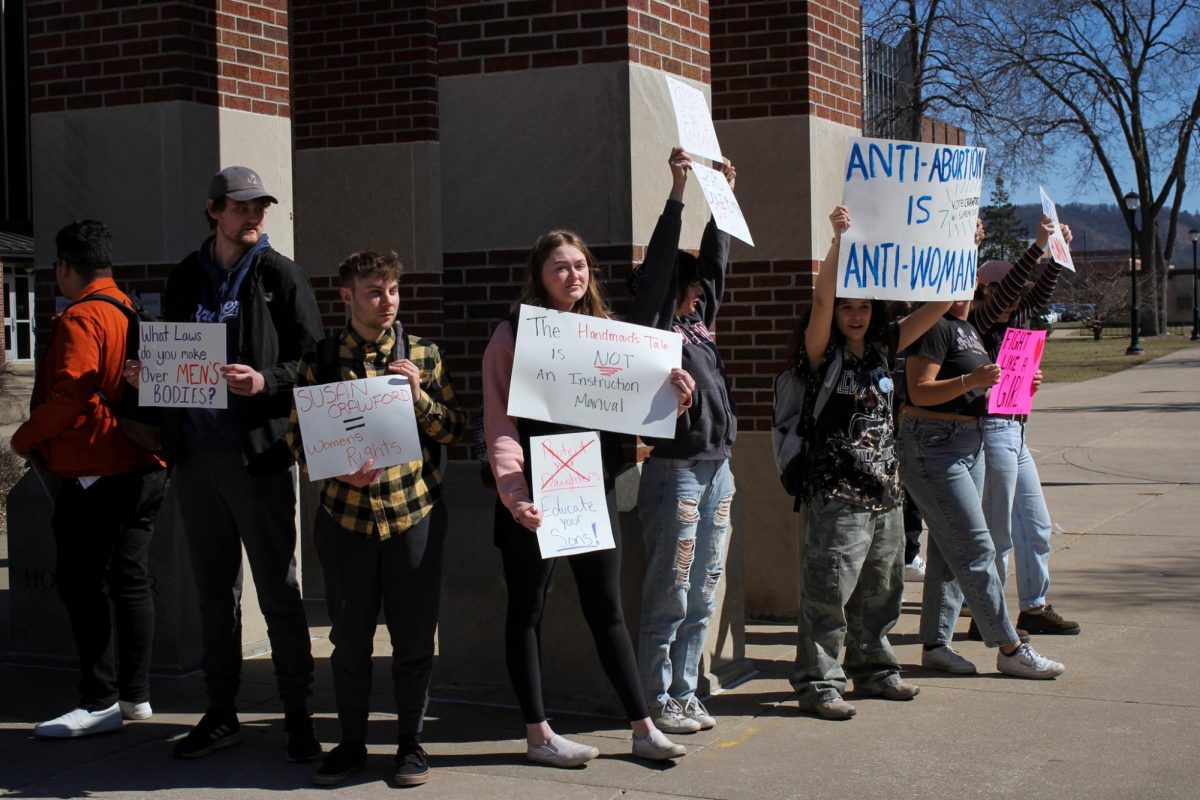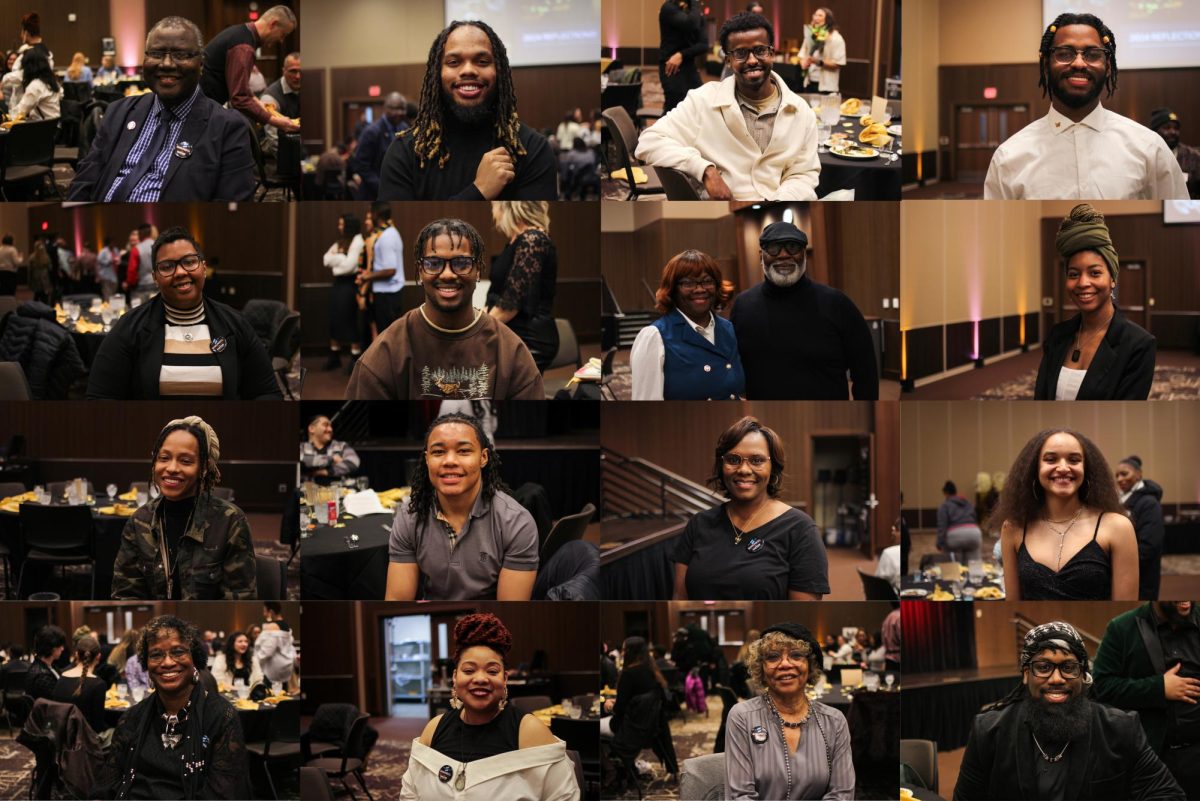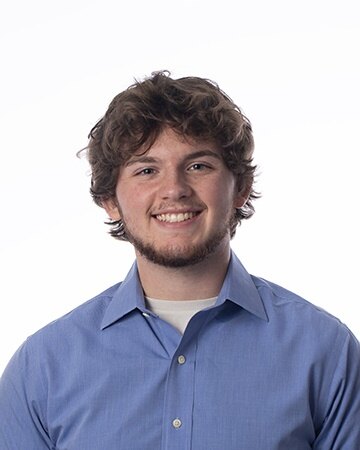During the third week of October, the University of Wisconsin-La Crosse kicked off Free Speech Week (FSW) with a module in Canvas designed to teach more students about the freedom of speech.
From Oct. 16 through Oct. 20 information from the Center for Transformative Justice regarding free speech could be seen around campus. Each day had a theme, on Monday digital signage advertised the course available for UWL students. Tuesday highlighted counter-speech through posts and posters, writing letters to your legislator was promoted on Wednesday, freedom of speech through art on Thursday, and on Friday a concept titled, ‘Teach-In’ promoted sharing knowledge with each other about hard topics.
Started in 2005, FSW serves to celebrate, raise awareness of and educate people on the importance of freedom of speech and press in our country.
The Racquet Press asked UWL students about how freedom of speech affects their life here at UWL. Second-year Student Andrew Laatsch brought up one of his classes, Race, Gender and Sexuality (RGS).
Laatsch said, “There’s a lot of heavy topics in that class about our current society, and there’s really only one correct answer in that class that they teach us, even though people have different opinions depending on your religion, political views or other aspects.”
Regarding Laatschs’ RGS class, he said, “A lot of things had to do with politics … especially in Wisconsin a lot of people have very different views regarding politics, so there was almost an agenda pushed on us…”
Laatsch still feels UWL does promote free speech on campus. “I think that most people aren’t really thinking about free speech, but for the people that do, they are able to find posters and resources, it’s something that is very noticeable and it’s clear the UWL is taking the initiative on it.”
Jack Thusius, a first-year student at UWL feels that sometimes the freedom of speech has the potential to negatively impact others. “When people can say whatever they want to there is most likely a chance they will say something you do not like,” Thusius said.
At UWL Thusius does not feel his speech is restricted. He said, “I feel as though I am able to share my thoughts or concerns with anyone that I need to, whether that is a student, teacher, or administrator.”
What does UWL do to promote free speech? The Racquet Press asked Second-year Student Abigail Rivera what she has seen around campus.
“I feel like they don’t really promote it [free speech]. I think they to do what they’re required to do to look like a good university,” Rivera said.
Using their freedom of speech, students at UWL use chalk to write on the sidewalks about their views or information they wish to share. Rivera said, “I do think that the chalk is a huge freedom of speech movement here, people are always writing with chalk, I remember around the Student Union I always see something like pro-life or pro-choice or the Green Fund.”
Rivera continued, “I don’t think UWL really supports it, they don’t really encourage us to write with chalk. We talk about freedom of speech, but they don’t tell us how to exercise it.”
Tenured Professor of Political Science and Public Administration Alan Bigel, teaches eight Constitutional Law courses at UWL. This semester he is teaching POL 371, Constitutional Law II: The First Amendment.
Bigel shared a part of his philosophy on how he teaches his classes. “I give my opinion in class, just as a frame of reference, because I think students would like to know what I’m thinking, but then I give them all other perspectives to help them decide what their position is... and once they tell me, if we disagree, I help them with their position rather than trying to convert them,” he said.
Bigel continued, “I’m on the conservative side and if I take a position on the Supreme Court and you don’t like it let me speak, don’t censure me or don’t punish me for it, let me speak. The answer is more speech.”
On Monday Oct. 30, Chancellor Joe Gow forwarded an email from Ashley S. Nowak, director of the Center for Transformative Justice (CTJ), and Dr. William Scobb, chair of the Joint Committee on Free Speech Promotion (JCFSP), to the school that followed up on FSW.
Part of the email said, “Within the past few weeks there have been notable examples of free speech on campus. When someone comes to campus (and is not sponsored by UWL) with the intention to spread a message, they are utilizing their free speech. With that, folks on campus have a right to counter-speech.”
An instance that fits this description of free speech was the recent visit from Nicholas Heald, a preacher and Christian abolitionist [abolition of abortion]. In this event, UWL students participated in counter-speech.
The email urged students to learn more about counter-speech and the topic of freedom of speech in general, even outside of FSW. A link was provided to students and faculty to take one of the free speech Canvas modules through the end of Nov. if they have not already done so. More information on Free Speech Week is available here.

